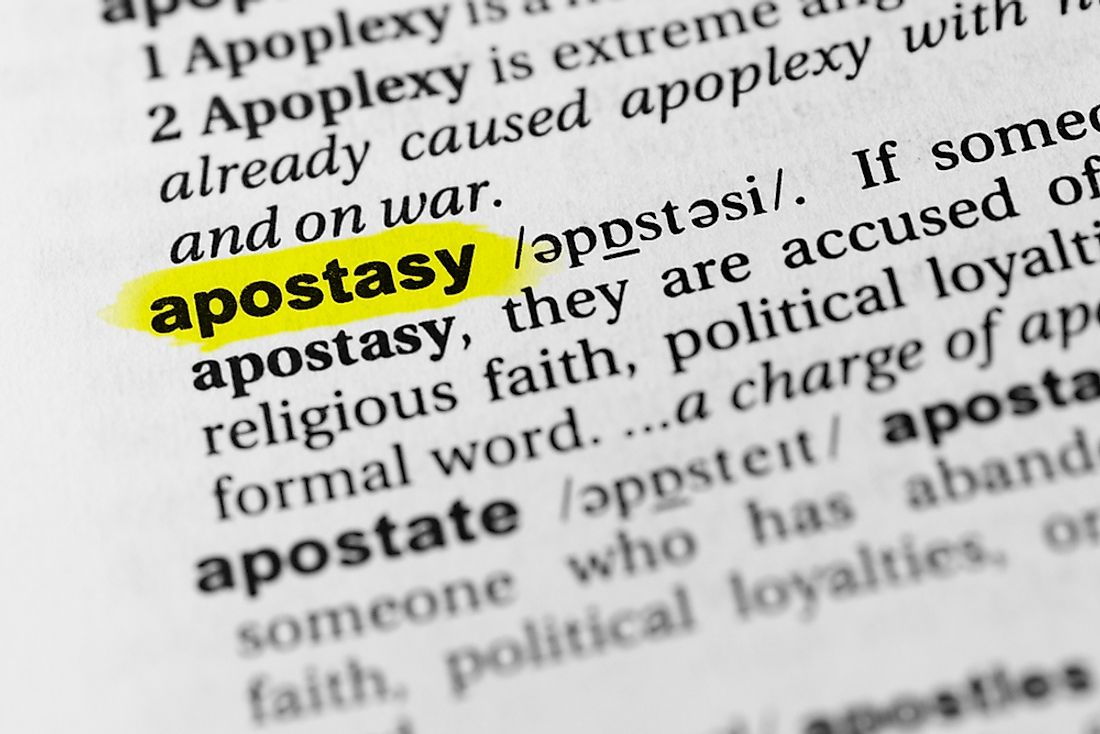

Augustine, who used it in his interpretation of Lactantius. re (again) + ligare or "to reconnect." This interpretation is favored by modern scholars such as Tom Harpur and Joseph Campbell, though it owes its place of prominence to St. The ultimate origins of Latin religio are obscure, though a historically popular derivation suggests that the term emerged from ligare "bind, connect" likely from a prefixed re-ligare, i.e. The English word religion has been in use since the thirteenth century, loaned from Anglo-French religiun (eleventh century), ultimately from the Latin religio, "reverence for God or the gods, careful pondering of divine things, piety, the res divinae." The term "religion" comes from the Latin word "religio," meaning "reverence for God or the gods, careful pondering of divine things" However, the multivalent interplay between the religious and secular spheres has caused some scholars to question the utility of the term "religion," as they claim that it presents these traditions in "a reified, essentialized fashion, isolated from the political, social, economic, and cultural worlds within which they are embedded." All other religious traditions could be situated somewhere between these two poles. On the other hand, one would find the religious traditions that are most firmly entrenched in all aspects of personal, social, and juridical life, such as the medieval Catholic Church and the theocratic regimes of some Islamic states.

On one end of this scale would be the most inwardly-directed types, such as the desert saints of early Christianity and the ascetics of Hinduism. The social structure of the world's religious traditions can be roughly placed on continuum based on their respective levels of interpersonal involvement and social engagement. In this context, religious thought and practice are aimed at delineating and reifying these two disparate realms through personal effort and/or communal ritual.

Finally, a common element of many religious traditions is the division of the world in two comprehensive domains, one sacred, the other profane. As religious traditions are often deeply embedded into specific cultural contexts, these traditions often contain moral codes that outline the relationships that a believer is expected to cultivate with respect to themselves, other believers, outsiders, and the supernatural world. These beliefs and practices are typically defined in light of a shared canonical vocabulary of venerable traditions, writings, history, and mythology. The term religion (from Latin: religio meaning "bind, connect") denotes a set of common beliefs and practices pertaining to the supernatural (and its relationship to humanity and the cosmos), which are often codified into prayer, ritual, scriptures, and religious law. Symbols of some of the more common religions.


 0 kommentar(er)
0 kommentar(er)
